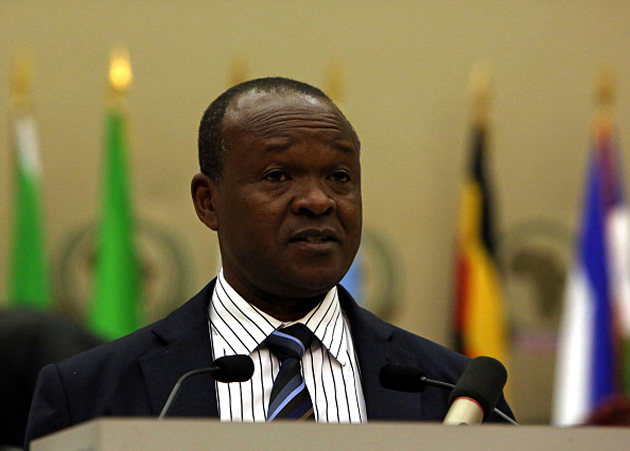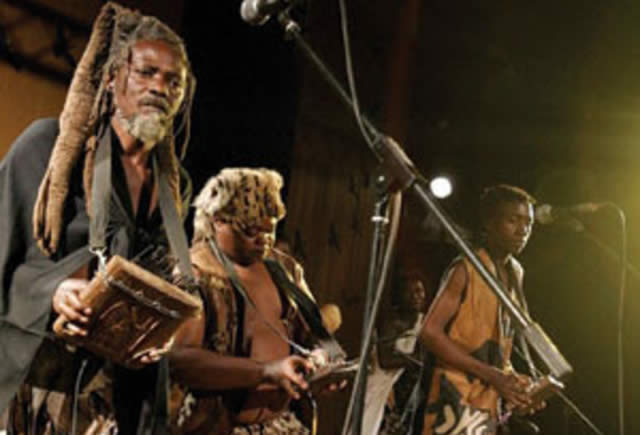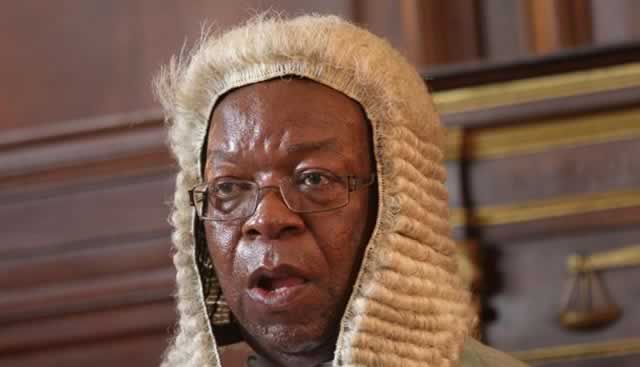Africa-Turkey partnership urged to focus on quality

Mabasa Sasa in Malabo, equatorial guinea
The African Union Commission has urged Africa and Turkey to improve not only the statistical value of their trade but also its quality. This was said by Mr Erastus Mwencha, the AUC deputy chair, to diplomats ahead of today’s summit meeting of leaders from Africa and Turkey at Sipopo Conference Centre in Malabo, Equatorial Guinea.
President Mugabe, who is the AU First Deputy Chair and sadc Chair, is attending the 2nd Africa-Turkey Summit.
Current AU chair Mauritius, as well as Algeria, Chad, DRC, Egypt, Ethiopia, Ghana, Kenya, Libya, Nigeria, Senegal and South Africa are in attendance, while 32 other African countries are present as observers.
President Mugabe was received at Malabo International Airport on Wednesday evening by a high-powered delegation that comprised Equatorial Guinea’s Prime Minister Vincent Eyate Tomi, First Vice PM Lucas Nguema Esano, Second Vice PM Alfonso Ngo and Third Vice PM Clemente Gugongs among other officials who included minsters of key portfolios and senior Foreign Affairs Ministry staff.
The “royal” welcome was in keeping with the great esteem in which the people of this country hold President Mugabe and Zimbabweans for foiling an attempted coup that sought to overthrow President Obiang Mbasogo Nguema in 2004, which was led by Britons Simon Mann and Mark Thatcher.
Zimbabwe’s Foreign Affairs Minister Simbarashe Mumbengegwi was already in Malabo for the ministers’ executive meeting ahead of the Summit.
Yesterday, Minister Mumbengegwi joined his colleagues in deliberations on the draft plan of action that Heads of State and Government and their representatives will discuss in today’s summit.
Before that, Mr Mwencha had said, “We should see a changed and enhanced partnership, not only in number but also in quality,” mentioning textiles as a particular area in which Turkey could contribute to Africa’s economic development.
Africa has proposed seven short-term projects that it believes should form the basis for the broader 2015-2018 Joint Implementation Plan and these were being debated behind closed doors by ministers yesterday and will be presented and deliberated upon by their principals today.
The areas to be covered are industry, education, health, trade, energy, investment, and peace and security.
Ambassador Ali Kemal Aydin, deputy secretary of the Turkish Foreign Ministry, said, “Turkey and Africa have never been distant to each other in the sense of caring for each other.
The coming two days will usher in a new period in the Turkey-Africa partnership.
We are fully aware of Africa’s priorities.”
Aydin said Turkey gave priority to projects in the fields of agriculture, agribusiness, rural development, civil defence, water resource management, SMEs development, security, health and transportation.
“We recognise the importance of this partnership since it is increasingly credible,” added Agapito Mba Mokuy, who was representing Equatorial Guinea’s Foreign Ministry.
The AU declared Turkey a “strategic partner” in 2008 and the first Africa-Turkey Summit followed later that same year in Istanbul, with representatives from 49 African countries present.
The 3rd Summit is scheduled for Turkey in 2018.
This year’s Summit is themed “A New Model for Partnership for Strengthening of Sustainable Development and Integration of Africa”.
The inaugural meeting established the Africa-Turkey Partnership under the principle; “African issues require African solutions”, and sought to consolidate and grow co-operation in the economic, political and cultural spheres and adopted two documents: the Istanbul Declaration and the Framework for Co-operation.
These spelt out the areas of co-operation between the two parties and an implementation plan (2010-2014) for areas of common interest.
According to the Turkish Foreign Ministry, trade with the continent topped US$7,5 billion in 2013, 10 times the figure recorded in 2000.
The Africa-Turkey Partnership platform, thus, seeks to boost ties in the economic, political and cultural spheres.
See also Page 6










Comments